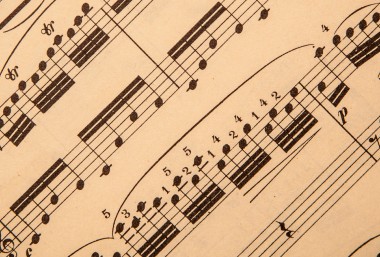May was 'New Zealand Music Month'. In recognition of this and World IP Day, the New Zealand intellectual property community came together with some well-known musicians to discuss copyright issues in music, both in New Zealand and abroad. The discussions offered both lawyers' and musicians' views on copyright issues in music, including royalties, inspiration versus copying, and the state of the music industry.
Ownership of musical works
While from a legal perspective the law in New Zealand is relatively clear for determining ownership of copyright in a musical work, from a musician's perspective the discussions highlighted that these issues can result in the destruction of relationships within bands.
Two examples were discussed: the saxophone solo in Spandau Ballet's song 'True', and the organ solo in Procol Harum's 'Whiter Shade of Pale'. In both cases, band members took action against the primary songwriter to claim royalties for their contribution to the songs. The Courts in the UK awarded royalties for the organ player but not the saxophonist. While from the legal perspective the differences in outcomes might be hard to justify, the musicians agreed that the right outcomes were probably achieved because the organ solo in Whiter Shade of Pale is iconic and makes the song.
The most lucrative aspect of the music industry comes from publishing rights to lyrics and music. The musicians offered cautionary tales: In practice, musicians often neglect to even consider ownership when the band is being formed and music is being created. It is often not until the band gains notoriety that royalties and ownership become an issue.
Inspiration or illegal copying?
As with probably every other part of the world, discussion about the 'blurred lines' between paying homage to an earlier musical work and outright copying have occurred in New Zealand. The musicians offered the view that artists are often inspired by the emotional intent of previous works, and that the same basic song structures and chord progressions are common throughout popular music. However, it is the creative effort on top of the common work that makes a song and is what should be protectable.
The state of the industry in New Zealand
The commercial realities of the music industry are changing worldwide and this is the same in New Zealand. Selling records is no longer seen as the primary means of income for musicians, as more emphasis is placed on touring and live performances. It was acknowledged that many artists in New Zealand struggle to make a living writing and performing music, and the financial cost of litigation can discourage and prevent infringement actions.
If there is no significant change to reduce the availability of 'free' music, many great artists and their creative abilities, are likely to be undervalued or go unnoticed.
An edited version of this article first appeared in the July/August 2015 issue of Managing IP.
